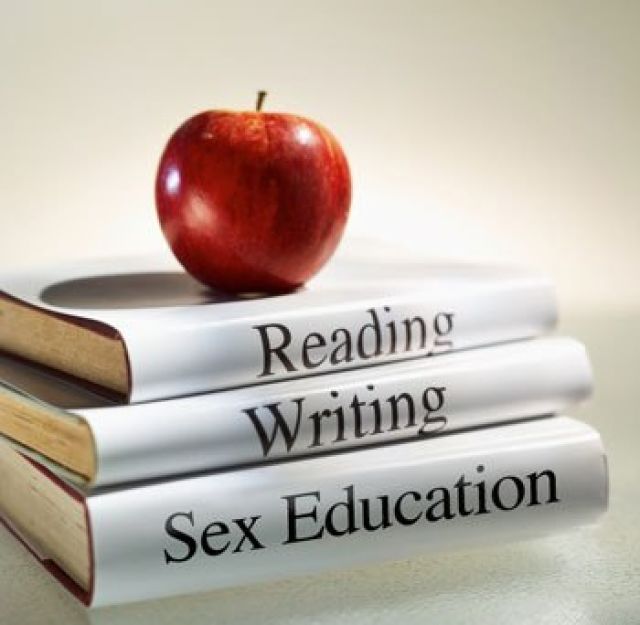
A survey of 8800 Australian teenagers, carried out over 10 years by La Trobe University, has found that the number of young people having sex has risen. The proportion of sexually active year 12 women who reported having had sex with three or more partners in the previous year more than doubled to 27% in the decade to 2008.
Meanwhile, the NSW health department said in September that sexually transmitted infections (STIs), particularly chlamydia, were on the rise.
The La Trobe University study linked the rising trend to heavier drinking by adolescents, a common assumption and a simple excuse.
However, a 2009 survey by Marie Stopes International found that one in 10 teenagers had not been taught sex education at school. The report, SEX: Telling It Like It Is, said: “Many parents (56%) and teens (69%) feel that sex education at the teen’s school is of average or lower quality.”
Despite the fact that more than half of Australian teenagers are getting it on by the time they are 16, there is no national curriculum for sex education in Australia.
Some schools have great sex education, and teach young people the full scope of their sexual health and how to make decisions about it. Some would rather side-step the issue, or only explain the birds and the bees without going into the full spectrum of issues.
Other schools teach that abstinence is the only way to be truly “safe”.
This message is often based on the influence of religious or conservative values: a Catholic school cannot preach pre-marital sex as a sin while showing students how to put on a condom.
The government sometimes funds and runs campaigns, such as the 2008 “Safe Sex. No Regrets” campaign, but this bears little meaning when schools are not obliged to reiterate the message face-to-face in the classroom.
Safe sex and STIs can be put off the agenda because of fear of encouraging “promiscuity” or, as the Australian Family Association argues, “normalising” sex.
Well actually — despite the beliefs of homophobic, anti-choice/pro-life organisations such as the AFA and conservative politicians such as Tony Abbott (girls: “virginity is a precious gift”) — sex IS normal.
And if teenagers don't get good sex education in the classroom, they will naturally seek it elsewhere, usually on the internet or in the media.
This can be a problem because gender stereotypes and raunch culture give young people a warped portrayal of sexual relationships, what kind of behaviour is acceptable and what is fair.
As a result, Marie Stopes found that 30% of Australian teens are not sure if they can contract sexually transmitted infections (STIs) from oral sex; 45% of teens are not aware that that they can be infected with chlamydia but have no symptoms; and 52% of teens think that by using a condom, they won’t contract herpes.
Young people are more aware of HIV/AIDS, but not of the necessity of getting tested for general STIs, or the fact that contraception is not the same as safe sex.
It's not just about young people drinking too much and getting out of control. Studies like that of La Trobe, which leaps from unsafe sex to booze, ignore what sexual and reproduction healthcare organisations have argued for decades — breeding ignorance and judging young people is about as effective as a broken condom.
The consequence is that young people are denied the fundamental human right to make decisions about their sexual health.
Young people don’t just need to be told about the birds and the bees. They need to know what healthy relationships look like, what constitutes full sexual health, and that they have a right to access information, ask questions and get their sexual partner to do the same.
A national curriculum, compulsory to all schools and based on principles of free choice, is needed to teach young people how to stay sexually safe, informed and healthy.
